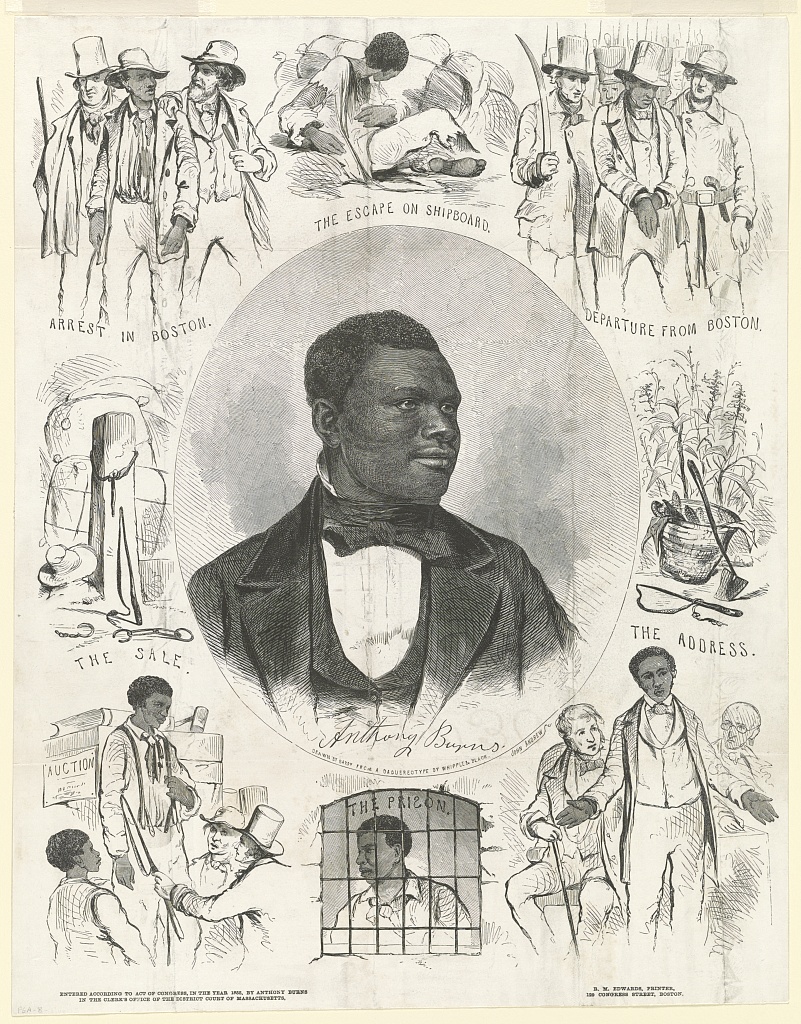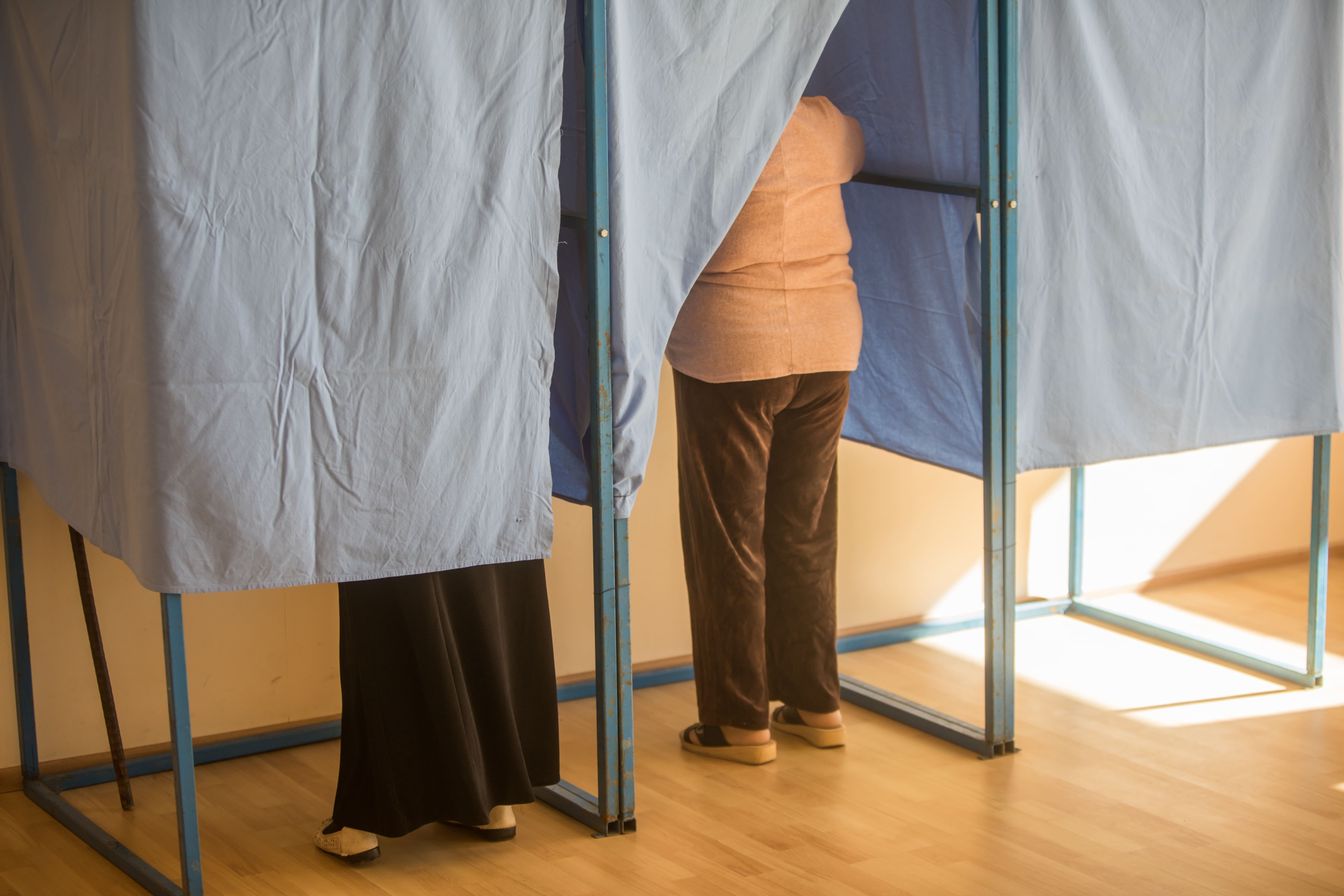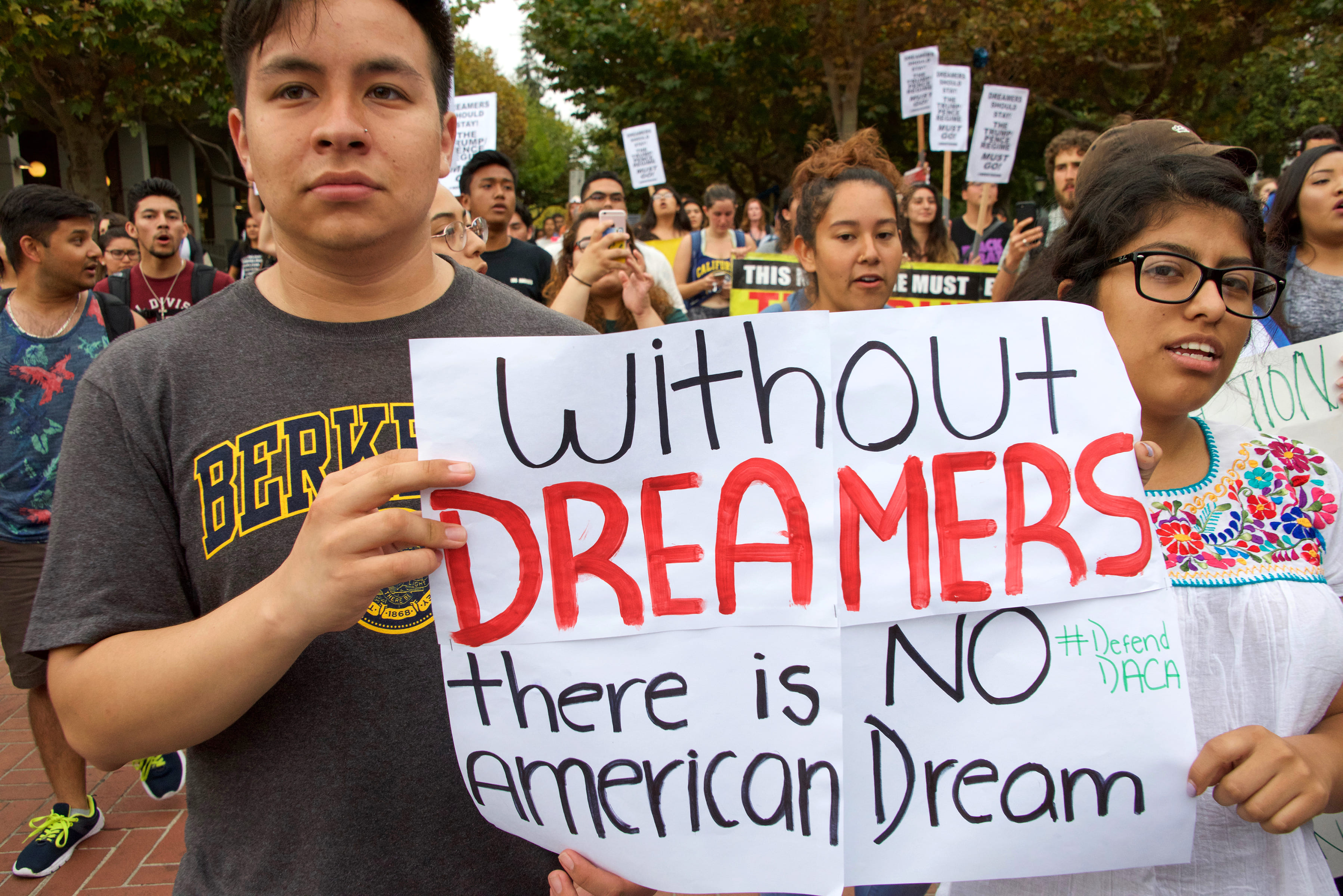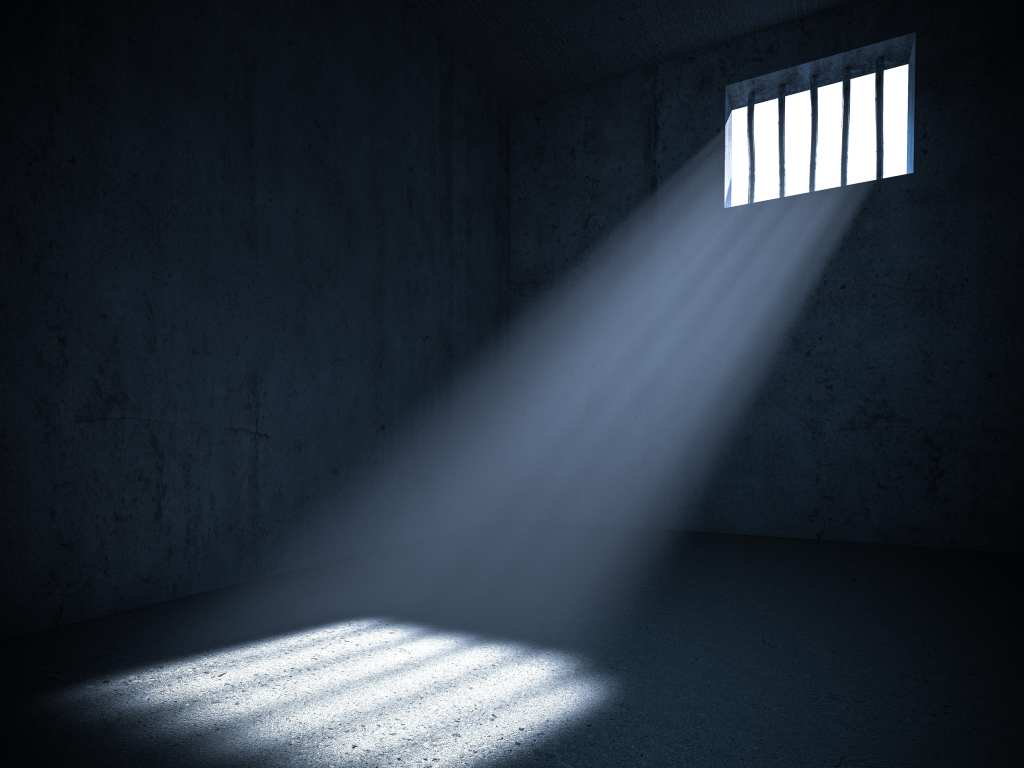Law
The news prominently shares stories of police and vigilante neighbors murdering Black people, etching the faces of Trayvon Martin, Tamir Rice, Sandra Bland, George Floyd and Breonna Taylor in our collective memories.
American legal systems and state-supported violence have targeted children, families and communities of color for centuries, dating back to Federal and State Constitutions. Our nation’s founding documents solidified racism from the start. This perpetuated the false belief in a hierarchy of human value, implying some people are more worthy of rights, freedom and liberty.
The legacy of racism in the United States is multifaceted. It touches every community across all backgrounds and cultures, albeit in unique ways. The history presented here is by no means exhaustive, rather it represents several turning points that created the present realities faced by all people living in the U.S. today.

LAW ENFORCEMENT
Fugitive Slave Laws (1793 & 1850)
Passed by Congress, the Fugitive Slave Act of 1793 allowed slave owners and others in positions of power to hire slavecatchers, who seized and returned any enslaved person who fled plantations seeking safety and freedom. The law also criminalized the act of helping people to flee. Slave catching became a lucrative, professional field. The Fugitive Slave Act of 1850 gave the federal government control over apprehending people who fled slavery, and employed U.S Marshals in their captures and return (History.com).
The 13th Amendment (1865)
The nation’s leaders added constitutional amendments at the end of the Civil War, meant to expand freedoms. The 13th amendment formally abolished slavery for law abiding citizens. However, the amendment makes it legal to force people convicted of crimes into labor, which means slavery still legally exists to this day. This has had a lasting and profound effect on our legal system, affecting everything from law enforcement to the criminal justice system and the mass incarceration epidemic of the 1990s and early 2000s. (Citation: U.S. Constitution, 13th Amendment).
Law and Order Campaigns (1950s-1970s)
Social justice leaders during the Civil Rights Movement used techniques like public protest and civil disobedience to draw attention to oppressive systems. In response, politicians and candidates ran campaigns promising a return to law and order, a concept and phrase still featured prominently in political campaigns today. They often equated Martin Luther King’s encouragement of civil disobedience with rampant lawlessness and chaos (Michelle Alexander. The New Jim Crow).
President Richard Nixon’s “War on Drugs” (1970s & 1980s)
President Nixon declared a war on drugs in the mid-1970s, which President Reagan built upon in the 1980s. The stated objective was to minimize the use and effects of drugs. However, due to racial profiling (the targeting of individuals based on race or ethnicity) and a highly-coordinated media campaign about drug use among Black people, it became a war on impoverished communities where high concentrations of people struggled with addiction. During the War on Drugs, the U.S. prison population grew exponentially, from hundreds of thousands to millions, with long sentences for drug offenses like possession or dealing. (Michelle Alexander. The New Jim Crow)
Violent Crime Control and Law Enforcement Act (1994)
President Bill Clinton’s federal legislation included a “three strikes law” that sentenced people to life in prison after two convictions for violent crime, including drug crimes. The bill came with rhetoric about so-called “superpredators” taking over urban centers. These laws disproportionately affected Black people leading to harsher and longer sentences which contributed to mass incarceration (Michelle Alexander. The New Jim Crow).


VOTING RIGHTS
Reconstruction Amendments and Black Men in Legislative Roles (1860s)
It is easy to believe that Black people won the right to vote during the Civil Rights Era of the 1960s. But, did you know the right was afforded to Black men in the constitution a hundred years earlier? The 14th and 15th amendments granted formerly enslaved people citizenship and Black men the right to vote. During this era, 16 Black men served in Congress and held 15% of all elected positions in the South (History.com & Michelle Alexander. The New Jim Crow).
Jim Crow Laws and Black Codes (1870s-1950s)
State and local-level laws and practices made it virtually impossible for most Black people to exercise their right to vote. These laws also perpetuated segregation by upholding “separate but equal” policies in the public sphere like schools, transportation, restrooms, hospitals and cemeteries, etc. (Michelle Alexander. The New Jim Crow).
Citizenship & Voting Rights Acts (1924, 1965, 1975)
Even with the 15th Amendment allowing all U.S. (male) citizens voting rights, many people were left out at the ballot box. In 1924, the Snyder Act declared all Native Americans as citizens of the U.S.(Library of Congress). In 1965, the Voting Rights Act signed into law by President Lyndon Johnson, outlawed discriminatory voting practices that many southern states were implementing like prerequisite literacy tests, poll taxes, violence, intimidation, and more (Archives.gov). President Gerald Ford signed a 1975 Voting Rights Extension that made it clear that non-English speakers could also vote, which offered more inclusion to voters whose primary language is not English. (NBC News.)
Shelby Co. v. Holder (2012)
This case gutted the Voting Rights of 1965 by making it possible for districts to change election laws without federal oversight. A plethora of voter suppression laws were passed in the years following targeting and impacting communities of color, as well as young, elderly and voters with disabilities. (brennancenter.org).
Current SCOTUS Cases
On June 8, 2023, the U.S. Supreme Court issued a decision for Allen v. Milligan in favor of Black voter representation in the state of Alabama. The opinion upholds Section 2 of the Voting Rights Act, which prohibits voting policies that dilute voter strength based on race. Due to this ruling, race can be considered in redistricting processes to ensure Black, Indigenous and other communities of color have equal voting power at all levels of government. Moving forward, the fight for voting rights continues as Alabama and other states redraw their maps to be fairer and more equitable for communities of color (W.K Kellogg Foundation).


IMMIGRATION LAWS & ENFORCEMENT
Chinese Exclusion Act (1882)
This federal law banned immigration based on race and nationality. It established a 10-year ban on Chinese laborers immigrating to the U.S. and perpetuated negative stereotypes and discrimination toward Chinese immigrants (archives.com).
National Origins Quota (1924)
Falling on the heels of intense anti-South Asian violence in the Pacific Northwest, this federal law established immigration quotas based on national origin. It allowed visas to only be issued to people of nationalities already represented in the U.S. and excluded immigrants from Asia completely. It heavily restricted immigrants from non-European countries and strongly favored immigrants from Western and Northern Europe to maintain the demographic dominance of White Americans (history.state.gov; Learn more from The Seattle Civil Rights & Labor History Project).
The Bracero Program (1944-1950)
This guest worker program between the U.S. and Mexico allowed Mexican laborers, known as braceros, to work temporarily in the U.S. agricultural sector. While it provided employment opportunities, the program ultimately gave way to exploitative labor practices and many workers experienced segregation, hostility and racial discrimination, which persist to this day (Library of Congress Research Guides).
Mass Deportation of Mexican Migrants and Mexican-Americans (1954)
The largest mass deportation in our history, this government-initiated campaign forced up to 1.3 million Mexican immigrants and U.S.-born citizens of Mexican descent out of the country. The pejorative name of the campaign, “Operation Wetback” made the racist attitudes and behaviors behind the initiative clear. The initiative led to widespread racial profiling, abuse and family separation (history.com).
Racial Profiling & Border Enforcement
Racial profiling and aggressive immigration enforcement in recent years has disproportionately affected people of color. The targeting of individuals based on their appearance, language, perceived ethnicity or religion has led to the mistreatment of many people of color trying to enter the country, especially from Latin America and the Middle East (American Immigration Council).


RACIAL
HEALING
TODAY

In order to establish more racial equity within our legal systems, we first have to acknowledge the ways in which racism plays a role in them. Only then can we begin to right the many wrongs done to people of color within our nation. On this National Day of Racial Healing, commit to learning and reflecting on the impact of legal history on members of your community, then look for ways to participate in racial healing within your community.

Explore Inspiring Stories of Racial Healing
- Showing Up For Racial Justice, is a national organization educating White people about racism and helping them find a starting point for action.
- Police officers in Flint, Michigan participate in racial healing experiences to reflect on biases.
- The Partners in Development Foundation is transforming the juvenile justice system in Hawaii from a focus on incarceration to a focus on healing, recognizing that young people caught in the system often suffer from multiple forms of trauma.
Take Action Today
4 Ways to Heal From the Effects of Unjust Legal Systems:
- Watch Ava Duvernay’s documentary “13th” about the current-day legacy of the 13th amendment allowing people convicted of crimes to be forced into labor. Discuss with family, friends, and neighbors.
- Look for service projects in your area supporting immigrant communities or people reentering society after incarceration. Engaging in service is a great way to form relationships that lead to deeper understanding.
- Download our Action Kit for engaging policy makers, and choose one way to advocate for racial equity within your community.